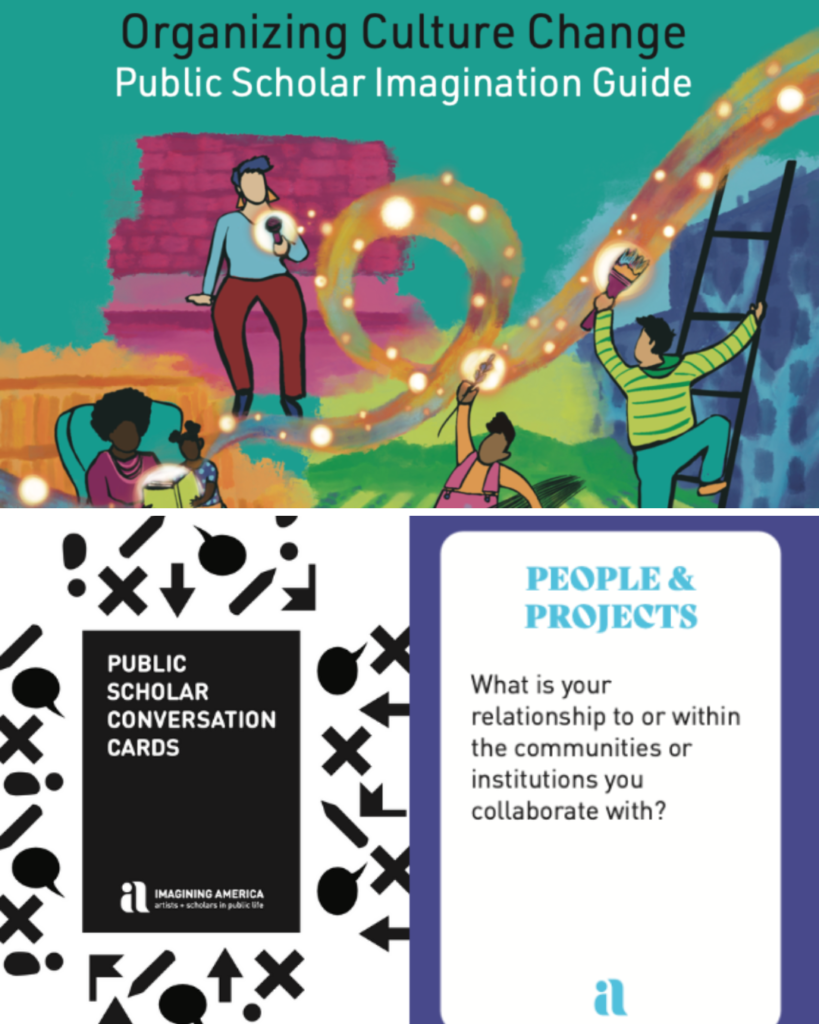Black Arts Initiative
Kaja Dunn, Assistant Professor of Theatre, UNCC
Sequina DuBose, Assistant Professor of Music, UNCC
Tamara Williams, Assistant Professor of Dance, UNCC
Chris Berry, Assistant Professor of Theatre, UNCC
Abstract
The mission of the Black Arts Initiative is to examine the intercentricity of Black Arts disciplines and pedagogy and to create space and mechanisms for disseminating information that centers on core tenets of Black culture and work instead of merely supplementing Eurocentricity. Like the Black Arts Movement of earlier eras, this work connects with ongoing debates surrounding justice and civil rights, specifically through the role that the arts can play in societal and political discourses. In this way, this project represents an emerging area of distinction that will be unique within the region and country. Such an approach has the potential to decolonize pedagogical models in ways that “challenge the intercentricity of racism with other forms of subordination.” It can “[expose] deficit-informed research that silences and distorts epistemologies of people of color.” Today, much of what we claim as American-born artistic traditions stem from African traditions. The Negro spiritual, for example, is a Black folk music genre that is arguably the mother tongue of blues, jazz, rock, and a host of other “American” music genres. Our cohort of Black faculty seeks to draw from our collective lived experiences and scholarly research to examine the interconnectedness of music, theater, and dance in Black arts traditions to develop an interdisciplinary Black arts pedagogy.
Project Narratives
In the wake of the murder of George Floyd and the nationwide uprisings that followed, academic institutions scrambled to draft responses and enact action plans to address systemic racism and inequities. While the intent was positive, the burden of much of this work fell to African-American faculty, who were often relied upon for guidance and leadership in Diversity, Equity, and Inclusion efforts, regardless of their training in that area. At UNC Charlotte in the College of Arts and Architecture, a small group of our Black faculty members met with leadership. It concluded that to truly enact change, Black faculty need to be given space to develop teaching methods and research that speaks to our areas of expertise and to the cohesiveness of Black arts. This would help the college to meet its goals of valuing and acknowledging Black faculty while paving the way for the development of a Center for Black Research.
The mission of the Black Arts Initiative is to examine the intercentricity of Black Arts disciplines and pedagogy and create space and mechanisms for the dissemination of information from a perspective that centers on core tenets of Black culture and work instead of merely supplementing Eurocentricity. Like the Black Arts Movement of earlier eras, this work connects with ongoing debates surrounding justice and civil rights, specifically through the role of the arts in societal and political discourses. In this way, the initiative represents an emerging area of distinction that will be unique within the region and country.
Such an approach has the potential to decolonize pedagogical models in ways that “challenge the intercentricity of racism with other forms of subordination” and “[expose]deficit-informed research that silences and distorts epistemologies of people of color.” Today, much of what we claim as American-born artistic traditions stem from African traditions. The Negro spiritual, for example, is a Black folk music genre that is arguably the mother tongue of blues, jazz, rock, and a host of other “American” music genres. Our cohort of Black faculty seeks to draw from our collective lived experiences and scholarly research to examine the interconnectedness of music, theater, and dance in Black arts traditions to develop an interdisciplinary Black arts pedagogy.
The national and international impact of this group of faculty members can be seen in their dissemination of research in Black arts conferences, residencies, publications, and consultancies, as well as through national organizational leadership positions. It is important to note that our work in Black arts exists through interdisciplinary practices that influence one another despite historic inequities in funding opportunities. Therefore, evidence of our faculty’s strength is illustrated through a variety of media, productions, and scholarly activities rather than any single product.
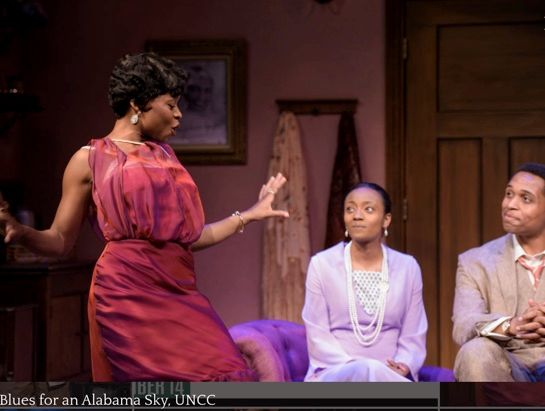
Collectively, our recent high-impact publications focusing on African diaspora arts, anti-racism, ancestral practices, and critical race theory include: Theatre Topics; Theatre Symposium; Arden Research Companion to Shakespeare and Contemporary Performance; as well as artistic performances and presentations in Brazil, Canada, China, Jamaica, Spain, Taiwan, and the United Kingdom, among other venues across the United States. Additionally, published and forthcoming books, chapters, and essays — as well as grants, commissions, and performances — build upon our collective research and individual recognition. Details on these works can be viewed below.
Collectively, the impact of the Black Arts Initiative can also be measured through recognition by other noted authors and artists. For example, Williams’ “’Dancing for Social Justice” research and leadership are mentioned in the book African American Arts Activism, Aesthetics, and Futurity, edited by Sharrell D. Luckett. Similarly, Dr. Brenda Gottschild has mentioned Williams’ community civic engagement work in the international publication of Dance Magazine. Dunn has received a Kennedy Center Medallion from the National Committee of the Kennedy Center American College Theater Festival (KCACTF) — the organization’s most prestigious award. Dunn and Berry were listed in Black Masks Magazine’s list of 25 Black Theatre Changemakers. All faculty involved with the project are developing new practices in Black Diasporic Arts that have led to invitations, presentations, and workshops across the globe: for example, Professor Dunn has presented at Kennedy Center American Theatre Festival, University of London Goldsmiths, Royal Central School of Speech and Drama, Micheal Chekov Association and others with her work on Theatre pedagogy for Theatre Students of Color. This has contributed to new methods of teaching, which have also been recognized within the College as an area of current strength: Williams was the recipient of the 2019-2020 College of Arts + Architecture Board of Governors Teaching Award. Williams’ students are also engaged in research in African Diaspora and Silvestre Technique courses. For example, students studying Silvestre Technique are asked to research and write how the socio-economic movements of Afro-Brazilians during the 1970s and 1970s influenced the formation of the Silvestre Dance Technique. William’s work with Ring Shout Traditions also connects students to research the history, structure, traditions, culture, songs, rhythms, and movements of this Black Art form. Dubose works with students to create and collaborate with community members on theatrical productions that serve as “tests” for applying critical race theory and Black Arts Research methods through community engagement. Berry’s work on unified narratives of Black voices through theater, dance, and song helps students understand the roles involving the body, voice, and action. Rather than looking at performances as the solution, he and his students view them as the starting point and the genesis of new research questions. DuBose has been recognized as a leader in 21st-century hybrid works that fuse classical music with the music of other genres, including the African diaspora. She has presented workshops on performance practice with the National Association of Teachers of Singing and was chosen to perform at the International Music by Women Conference in 2020.
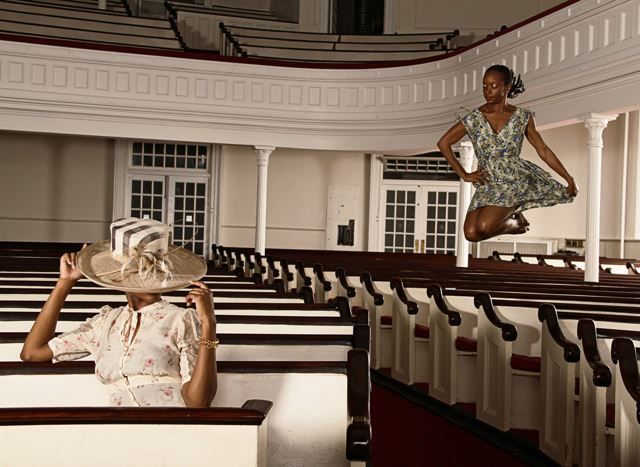
In our teaching, through our mentorship and interactions with the surrounding community, we see evidence of personal growth, enlightenment, and cultural competence. Often, workshop participants, students, and mentees will provide positive feedback about their experiences in our classes, workshops, and performances and highlight the insight they’ve gained about themselves, Black culture, and the ways Black art is situated within society as a whole. A fire is ignited in them, and we serve as a medium or catalyst for real change.
Experiential knowledge is essential in understanding and teaching artistic disciplines steeped in African traditions. When we examine the cultural life of West Africa, an area from which a concentrated number of Africans were taken and forced into the global slave trade, we are confronted with the understanding that African tribes viewed the world through a holistic lens. As a result, much of tribal life was steeped in experiencing community as a cooperative, interdependent entity. Oral history and tradition were passed down through the medium of storytelling, which was an immersive, communal experience involving music and dance. In this tradition, a direct connection to and channeling of energy is a necessary and valuable part of knowledge production. The academy would have us believe that the sole producers of knowledge are those who are well-studied, have read the books, and have acquired the degrees. However, this project challenges that notion and prompts a deeper examination of cultural practices such as oral traditions, the role of spirit and self-awareness, and ancestral memory.
In this sense, a Black Arts pedagogy will move research methods towards asset-based practices that provide tools “to ‘counter’ deficit storytelling,” that “challenge[s] racism, sexism, and classism and work[s] toward social justice” while also providing opportunities to capitalize on the notion that “Black teachers provide a crucial signal that leads black students to update their beliefs about the returns to effort and what educational outcomes are possible.” In these ways, this initiative goes beyond mere reform to create new pathways for faculty development, praxis, and pedagogy.
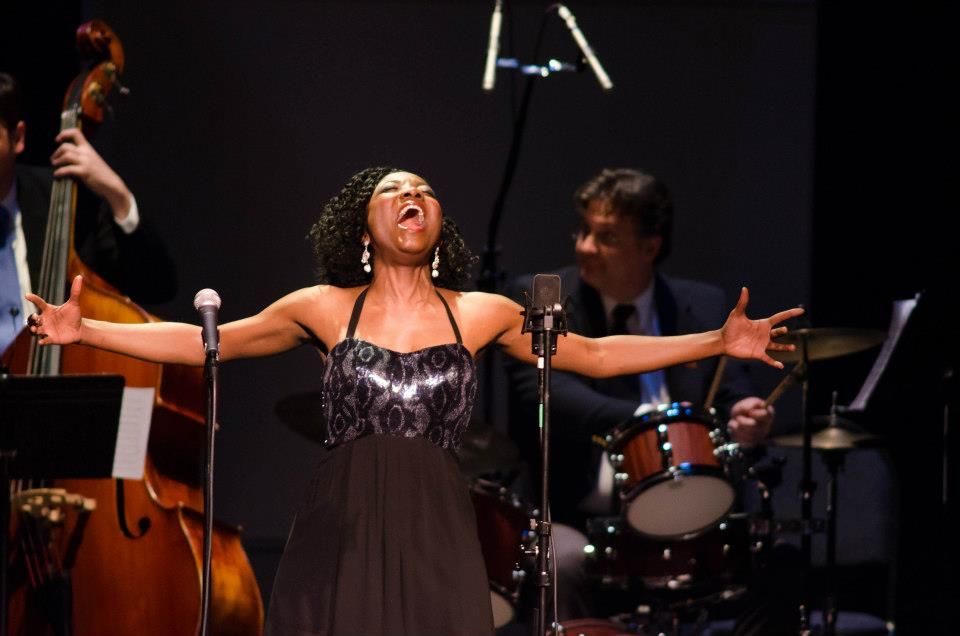
This initiative takes an integrated cross-disciplinary approach to develop innovative pedagogy and research focused on unified narratives of Black voices through theater, dance, and song. It does so by building upon the existing experiential knowledge, lived experience, and professional expertise of Black faculty, high-performing guest teaching artists, and practitioners; and by applying ethnography, anti-racist history, research-based knowledge, and critical race methodology to establish an integrated core curriculum that can extend beyond campus through existing partnerships.
We envision a Center for Black Arts that will serve as a foundation for:
• Workshops, clinics, and masterclasses connected to both our artistic and local communities
• Scholarly research
• A bi-yearly conference
• Black Arts residencies
• Digital archives and resource development
• Arts performances and presentations
• Faculty and curriculum development
• Mentorship programs
Our work aims to close inequalities in art pedagogy, funding, scholarship, and practice by critically addressing such issues as sociopolitical awareness of the relevance of Black history, culture, and interracial tensions in the United States.
Initiative publications and performances
• Williams: Giving Life to Movement: The Silvestre Dance Technique and The African Diaspora and Civic Responsibility: Addressing Social Justice through the Arts, Education, and Community Engagement; forthcoming book chapter, “Dance: A Catalyst for Spiritual Transcendence” in Fire Under My Feet: History, Race and Agency in African Diaspora Dance in (Routledge Press); National Center for Choreography Akron Commission for New Work in collaboration with Paloma McGregor, Annaya Chatterjea, and Cara Hagan; Kaatsbaan International Dance Center|Kaatsbaan Upstream® Residency Award; Turkey Land Cove Foundation |Writing Residency and Grant| Martha’s Vineyard, MA;
• Dunn and Berry: Co-authored “Decolonizing Shakespeare” for Arden Contemporary Shakespeare Companion; commissioned by the Arts & Science Council to develop a play about Black Female Economists and “Dreamers”;
• DuBose: Billie Holiday Black Seed Grant, Maryland State Arts Council COVID-19 Emergency Grant, T. Rowe Price Foundation–peer-reviewed funding to support artistic and community engagement activities for theater company ArtsCentric in Baltimore, MD;
• Dunn: Dance and Performance Training’s Special Issue “Against the Canon (UK);,” Interviewed for American Theatre Magazine. Keynote speaker at The Kennedy Center College Theatre Festival, Micheal Chekov Institute
• Berry: Black Seed Award for Black Theatre Network; Arts and Science Council’s Regional Artists Project Grant; multiple Arts and Science Council Culture Blocks Awards.
